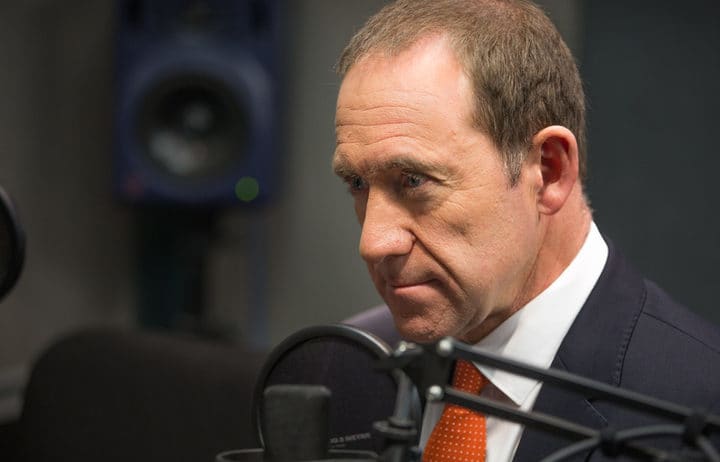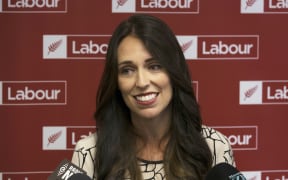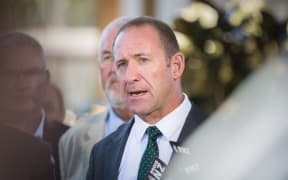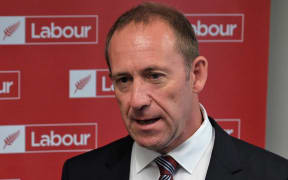By Claire Robinson*
Opinion - What should Andrew Little have said when facing news media questioning about Labour's poor showing in the latest opinion polls?

Andrew Little's admission he considered stepping down has given Labour much needed publicity but could easily backfire, says Claire Robinson. Photo: RNZ / Cole Eastham-Farrelly
If we accept that perception is reality and the perception of a close competition is needed to drive turnout, a confident leader would have said: "Yep, this may not a good result for Labour but it's great for a Labour/Greens coalition."
"The poll shows the Labour/Green vote is strong. Our internal polling shows we are competitive against the Nats. In fact, together we are actually only a few percentage points behind right now and if our supporters turn out to vote, we will beat the Nats come election day!"
Instead, following weeks of being starved of oxygen by the media's coverage of Metiria Turei's benefit confession, Labour seems to have decided it wants some of what she had.
It worked for her, and it increased Green support. Surely the same show of EQ, humility, self-awareness, vulnerability, could work for Andrew Little as it did Turei?
Little has described his offer to step aside from the leadership role as 'an honourable thing to consider', his 'duty', a 'responsible' role to take.
As for front-footing his offer to stand aside, he's explained it in terms of the need to be very clear, given that there would be interviews about this.
But 'fessing up and showing empathy for beneficiaries, as Metiria Turei did, is not the same as Andrew Little front footing his self-doubt.
While this admission has given Labour much needed publicity, it could so easily backfire. The last thing supporters want to know is that they are being asked to vote for someone who doesn't even back himself as party leader.
New Zealand Election Study data gathered over the past three elections shows that at around 35 percent of voters won't reach their final voting decision until the last month of the campaign.
Most of these voters are strategic: they want to feel pivotal to the outcome and will vote for major parties they think need them. If they don't think their vote matters to who wins, they will make a protest vote for a minor party.
This point in election year is absolutely the worst time for Andrew Little to be communicating to voters yet to make up their mind that he has already given up on his chances to lead the next government.
Whatever panic Labour is feeling at the latest poll results, they have to be able to prove that the man who is currently on an extended and very public job interview to be New Zealand's next Prime Minister can last the distance.
They have to regroup and communicate that the competition is still close, and that every vote for Labour still counts.
* Claire Robinson is a political marketing expert at Massey University.






